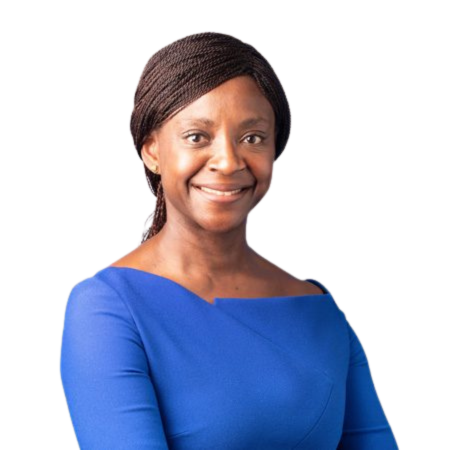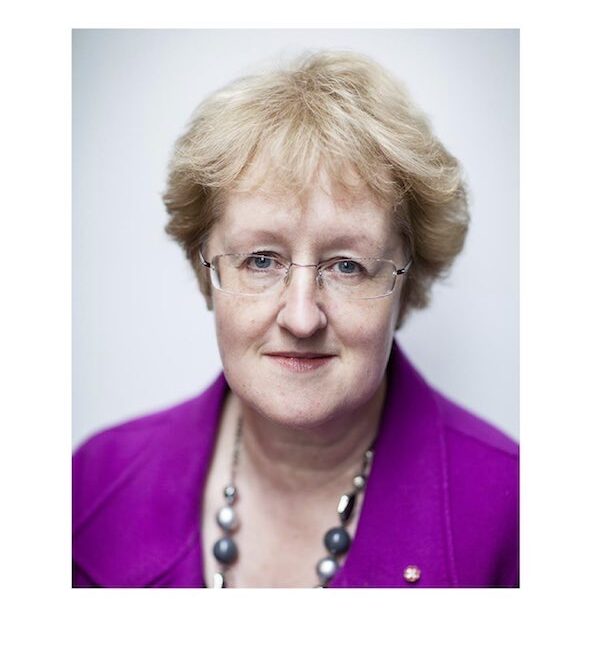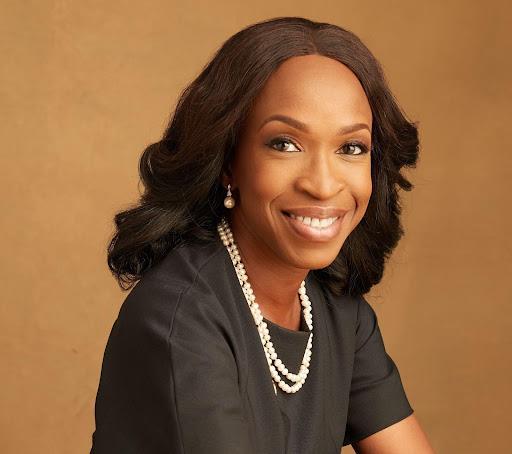Are you considering taking on a non-executive role in 2024 or are you already on a board looking to improve your skills and performance?
Throughout 2023, some of our members have shared their perspectives and experiences on preparing for a non-executive director role, what to look for in an organisation, and how to make the most of your role once you’re on the board. Whether you’re new to NED positions or looking to take your career to the next level, these tips will help you navigate the world of non-executive directorship with confidence and success.

Ama Ocansey – UK Head of Diversity and Inclusion for BNP Paribas, NED at Financial Inclusion Forum
- Through my first NED role, I gained many skills that helped me develop confidence at work.
- A board role can benefit your day job by allowing you to gain knowledge and expertise. It won’t feel like additional work as you learn so much.
- If you work for a global organisation, look internally for board roles.
- Be quite selective about the roles that you take because not everything you were offered you should do.
- Do something that you’re interested in. Do something that you’re passionate about.
- Be intentional about what it is you need to bring to a board and what your skillsets are.
- Join an organisation like Women on Boards, network and get to know people. Tell people you’re interested in being a NED so they think of you when opportunities come up!
Listen to Ama’s Success Story podcast here.

Bushra Ahmed – Founder West Croydon Voice; trustee of Lloyds Bank Foundation, 50:50 Parliament and HomeStart UK.
- It’s not about how educated you are; it’s about your commitment to that board and the passion that you bring.
- If you want to bring people on your board, make sure you’re going to welcome them and make sure you feel as if they belong. If they feel they belong, you will get so much more out of those people.
- All board members have the same power to speak and share their points and bring what they want to bring to the table.
- Look for boards that want to open up. Sometimes, they will mention that they are looking for diversity. Whether that’s bringing in women or women of colour, people with disabilities, LGBTQ, or whatever, look for organisations that are slightly open because if you’re going into an organisation that isn’t even looking for it, it’s really difficult.
Read Bushra’s Success Story here.

Busola Sodeinde – NED at Hargreave Hale AIM VCT, TR Property Investment Trust plc, The Ombudsman Services and Trustee at The Scouts
- When they appoint you, ask yourself, why am I here? What voice is missing in this board? Where can I add the value?
- When you go into a board, it’s important not to put yourself under pressure. Don’t think, “What’s my voice going to be on day one?” Just give yourself time. It would start to evolve in itself. The more you listen, the more you challenge.
- As a board member, it’s important to understand the culture of that organisation, how they receive feedback and how they want to be challenged.
- You may find yourself in a sector that isn’t familiar, but your functional role can translate.
- The NED role is different [than your executive job]. It’s gentler, but it’s different in that you really want to contribute and are passionate about it. Because of that, you have to invest your own personal time. You have to read a lot more. You have to go to conferences a bit more. You have to network a bit more.

Lesley Cowley – Chair of DVLA, Chair at ACL Ltd and NED at Public Digital Ltd
- In terms of giving your best self, make sure there’s alignment with an organisation’s strategy and direction of travel.
- Allow yourself space. And find that time to reflect and think about what you can bring to the conversation that helps me be a better Chair and a better NED.
- Set boundaries around the organisations you work with or want to work with. Have a list of criteria and if an organisation doesn’t meet them, no matter how interesting, then say, “No, I know I’m not able to work with you.”
- Don’t take the first thing you’re offered. It’s really important to be quite selective. What you take at the start of your roles will set the tone and the expectations for later roles.
- There’s no end to things you could do for free. So, choose what you’ll be doing for free and think about the criteria you will set. What do you want to be the deciding factor?

Neelu Agarwal – PRA Head of Diversity, Equity and Inclusion at the Bank of England and Trustee at Second Step
- You’re enough, whoever you are, so go for board roles because they’re fantastic.
- You can go for board roles that are not local. Don’t dismiss those opportunities.
- It’s so important to remember that you have to draft your application and cover letter by really understanding what they’re after. What’s the gap on their board that they want to fill in? You can’t put in an effective application if you don’t know. What is it that they are looking for which you can help address?
- Your preparation should not start when you’ve applied for the role and been called for an interview. If you’ve made up your mind that you want to do this, start right away. Invest 10 minutes in yourself by familiarising yourself with the language and mindset you need for these roles.
- They have not taken you on as a non-executive director to have executive knowledge.
- Sometimes, even basic questions can be game changers in a meeting room because organisations are so busy doing things the same way they miss the elephant in the room.
- The more you diversify your identity, the better it is for your mental health and your well-being. A NED role does that by giving you identity and resilience.

Peju Adebajo – Experienced NED and CEO
- Diversity in the breadth of organisations I worked for prepared me for this non-executive director career, which I discovered by doing.
- If you don’t tell people what you’re looking for, they can’t help you.
- It took me a while to find my voice; I didn’t find it on day one.
Listen to Peju’s Success Story podcast here.

Javid Hamid – Partner at KPMG and trustee of Tara Theatre
- Seek support and guidance and take advantage of the resources available to you.
- Stay resilient in the face of setbacks, and keep pursuing your goal.
- Look for opportunities that align with your values and passions.
Read Javid’s Success Story here.

Tamryn Rowlands, CFA – Director, EMEA Institutional at BlackRock
- It’s useful to ask, “Why are we doing it that way? How could we be doing this differently? Should we be doing it differently?” It definitely helps to change your perspective in your day job.
- I encourage anyone who wants it, and they’re going, “I’m too busy. When am I going to have time for it?”…just do it!
- I prioritise what I enjoy. No one gets it right. I haven’t got it right. Some days are brilliant, some days horrendous, but I try and make sure I do something that I enjoy each day, and I feel like I’ve achieved something.
Taking on a non-executive role can be an excellent career move for those looking to enhance their skills and broaden their experience. Remember to have a clear understanding of your goals and what you want to achieve and take the time to select an organisation that aligns with your values. Once you have secured a position, with commitment and effort, you can achieve your objectives and excel.